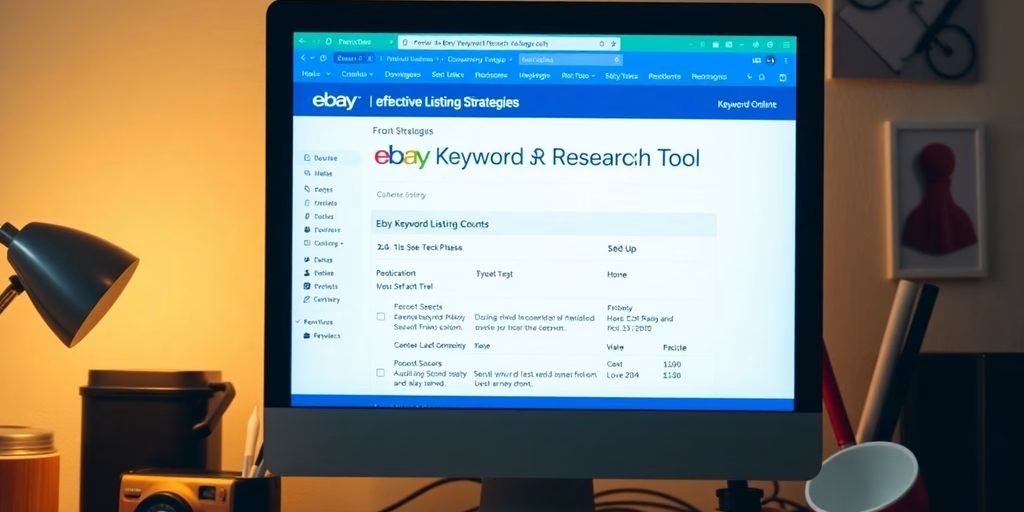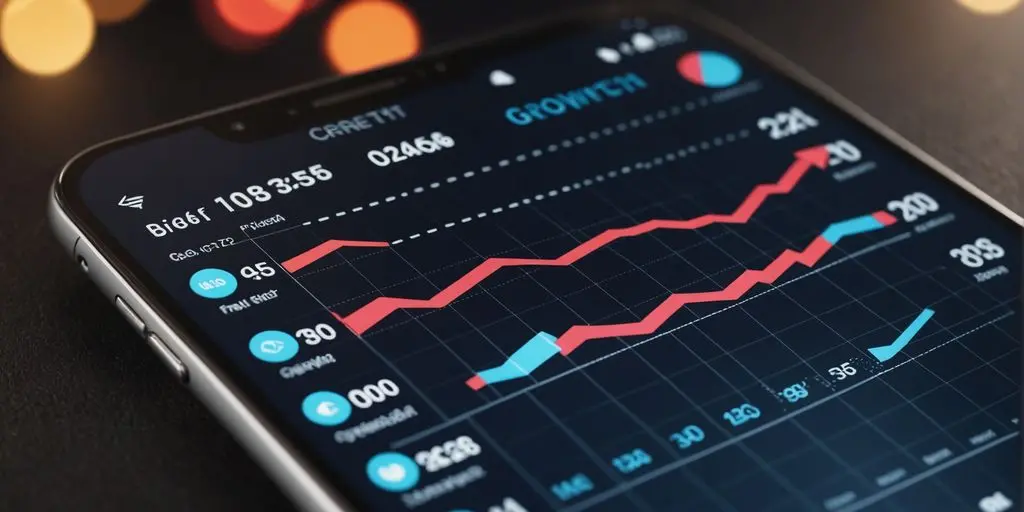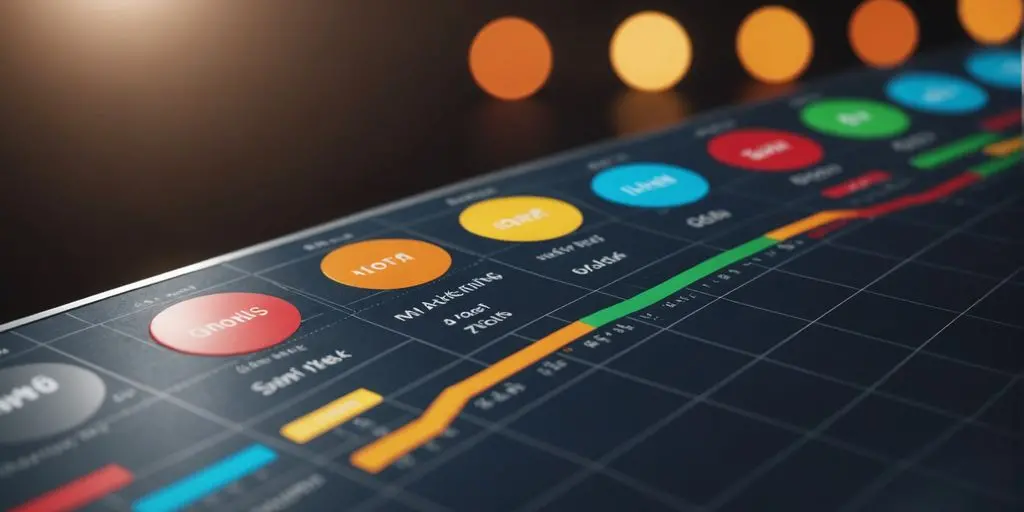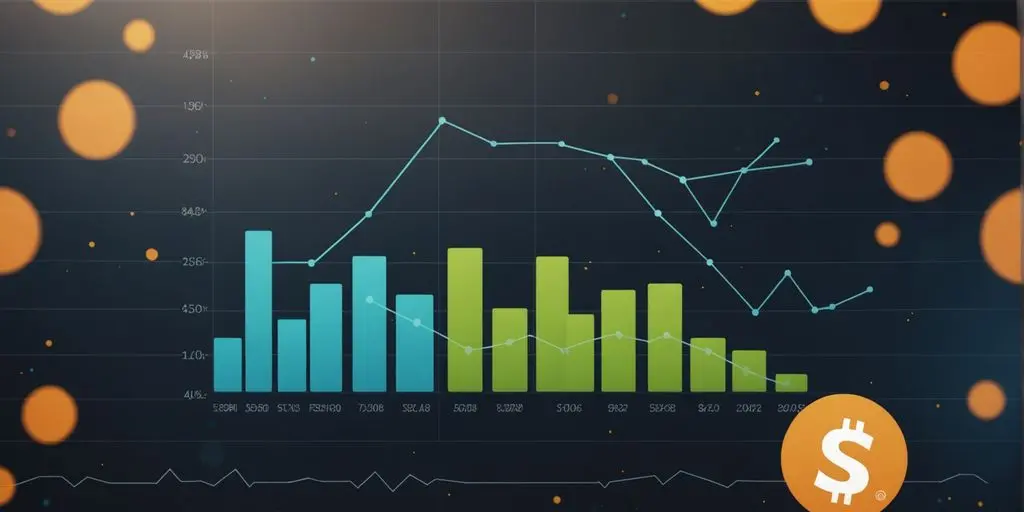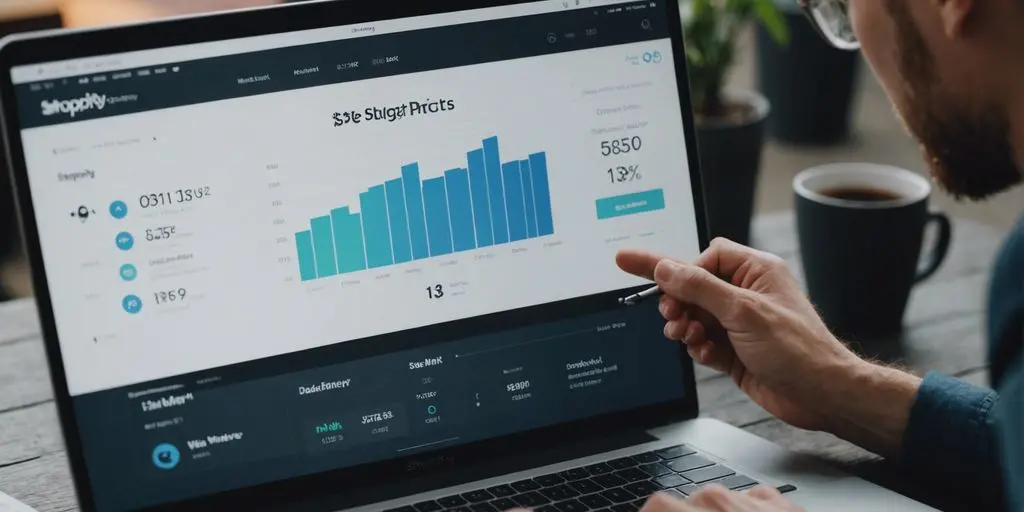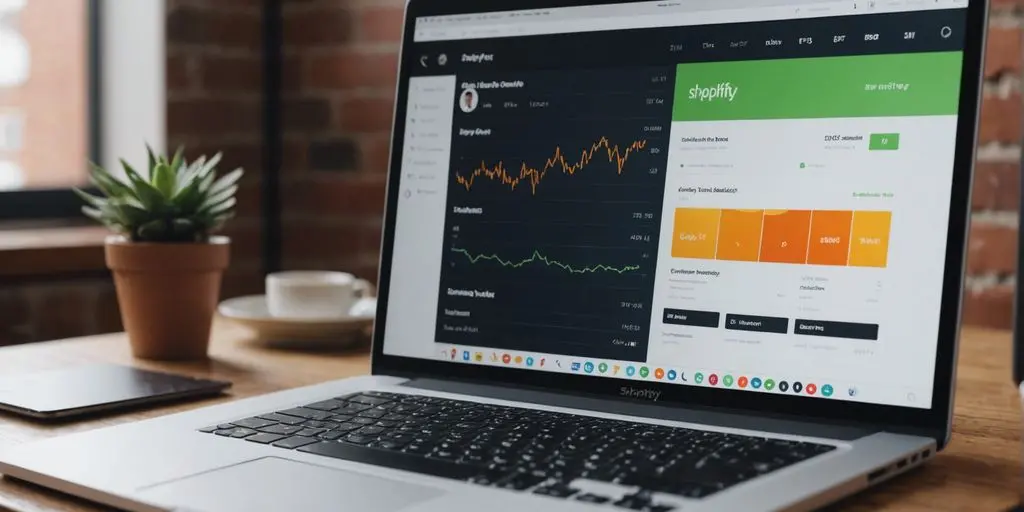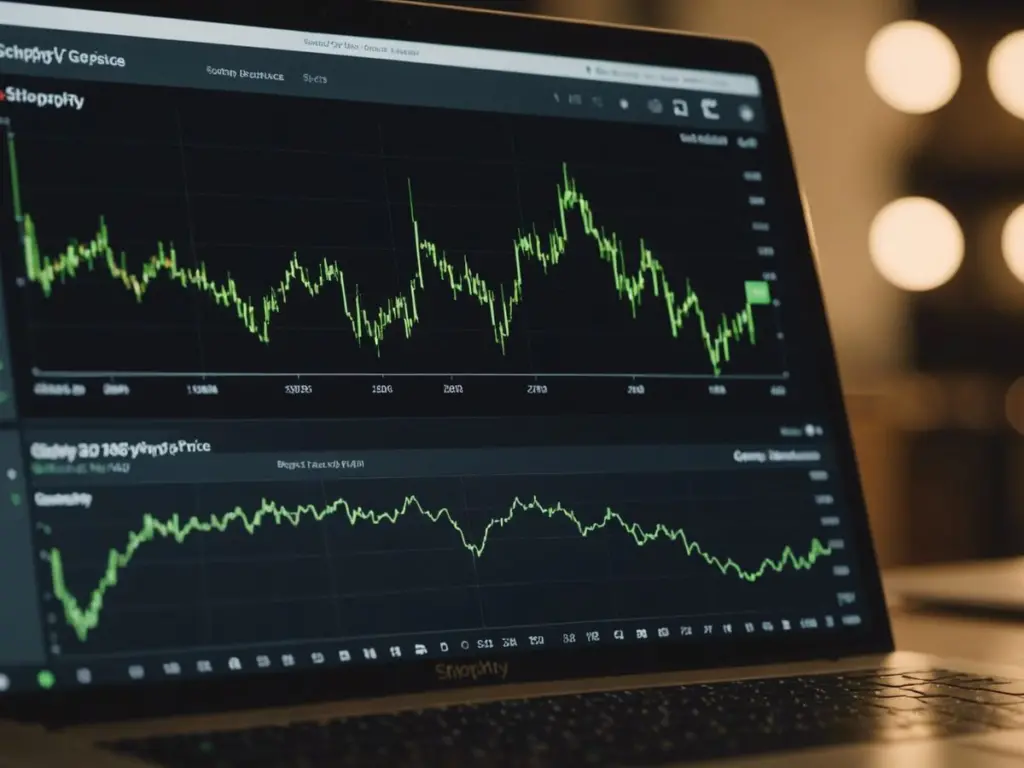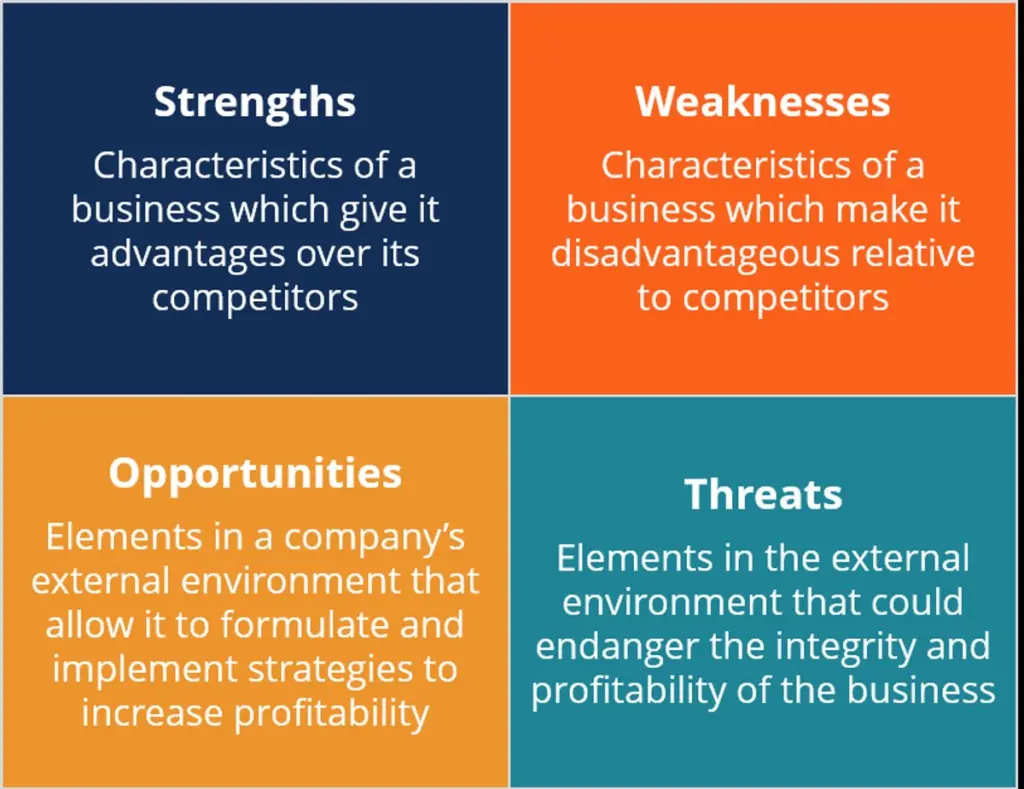In today’s fast-paced financial landscape, data analytics is reshaping how accountants operate. Traditional methods are giving way to advanced analytical techniques that provide deeper insights into financial performance. This shift not only enhances reporting accuracy but also empowers accountants to make more informed decisions. As we explore the role of data analytics in accounting, we’ll uncover how it’s revolutionising the profession and paving the way for a more data-driven future.
Key Takeaways
- Data analytics is transforming traditional accounting practises, making them more efficient and insightful.
- Real-time data processing enables accountants to respond quickly to financial trends and anomalies.
- Automation of routine tasks allows accountants to focus on strategic decision-making rather than manual data entry.
- Predictive analytics helps in forecasting financial outcomes, enhancing risk management and compliance.
- Building a data-driven culture within accounting firms is essential for harnessing the full potential of data analytics.
The Evolution of Accounting Practises
Transitioning from Traditional Methods
Okay, so, accounting used to be really different. Think massive ledgers, quill pens, and doing everything by hand. It was slow, prone to errors, and honestly, a bit of a nightmare. Accountants spent most of their time just trying to keep track of everything, rather than actually analysing what the numbers meant. Traditional accounting was all about recording what had happened, not predicting what could happen.
The Role of Technology in Modern Accounting
Then came computers, and everything changed. Suddenly, you could process data way faster and with fewer mistakes. Accounting software became a thing, and it automated a lot of the boring stuff. This meant accountants could start focusing on more interesting things, like giving advice and helping businesses make better decisions. The development of advanced accounting software streamlined traditional accounting tasks.
Challenges Faced by Accountants Today
Even with all this fancy tech, accountants still face challenges. There’s always new regulations to keep up with, and the amount of data they have to deal with is just insane. Plus, they need to be able to understand and use all these new tools, which means constantly learning new skills. And let’s not forget the increasing threat of cybercrime – keeping financial data safe is a huge responsibility. The need for real-time data analysis challenges traditional accounting practises.
It’s a bit of a balancing act, really. Accountants need to embrace technology to stay relevant, but they also need to make sure they’re not losing sight of the fundamentals. It’s about using data to tell a story and help businesses succeed, not just crunching numbers for the sake of it. The integration of big data into accountancy practises fosters a more proactive approach.
Understanding Advanced Data Analytics Capabilities
Okay, so we’ve moved past the old ways of doing things in accounting. Now it’s time to get into the cool stuff: advanced data analytics. It’s not just about adding up numbers anymore; it’s about really understanding what those numbers mean and using that knowledge to make better decisions. Let’s break down some key areas.
The Role of Predictive Analytics
Predictive analytics is like having a crystal ball, but instead of magic, it uses data. It’s all about using historical data to forecast future financial performance. Think of it as spotting trends and patterns that help accountants move beyond traditional methods. This allows for more accurate forecasting and deeper insights into potential outcomes. It’s not perfect, but it’s way better than just guessing. Predictive models can help anticipate market changes, assess risks, and optimise resource allocation. It’s about being proactive, not reactive. For example, interpreting accounting data can help forecast revenue trends.
Machine Learning in Modern Data Analysis
Machine learning (ML) is where things get really interesting. ML algorithms can automatically learn and improve from data without being explicitly programmed. This means they can find hidden patterns and relationships that humans might miss. In accounting, this could mean identifying fraudulent transactions, automating data entry, or improving the accuracy of financial models. It’s like having a super-smart assistant that never gets tired. ML can handle huge datasets and provide insights that were previously impossible to obtain. It’s not just about automation; it’s about discovery. ML algorithms are used to automate data entry, reconciliation, and reporting processes, freeing up time for more strategic activities. This shift transforms accountants into strategic advisors who guide business decisions with data-driven insights. B2B online success relies on data analytics for informed decision-making.
Leveraging Artificial Intelligence for Deeper Insights
AI takes things a step further. It’s not just about analysing data; it’s about making decisions based on that data. AI systems can automate complex accounting tasks, provide real-time financial advice, and even detect anomalies that could indicate fraud or errors. It’s like having a team of expert accountants working 24/7. AI can process vast amounts of data instantly, identifying suspicious activities and potential financial discrepancies early on. This proactive approach mitigates risks and builds trust with clients, demonstrating a commitment to transparency and accuracy. Accountants use data analytics to forecast trends.
Data analytics is not just a tool; it’s a mindset. It requires a shift in how accountants approach their work, from simply recording transactions to actively analysing and interpreting data to provide valuable insights. This shift requires a commitment to data literacy, a willingness to experiment with new technologies, and a collaborative approach to problem-solving.
Enhancing Financial Reporting Accuracy

Real-time Data Analysis
Real-time data analysis is changing the game. It’s not just about looking at old numbers; it’s about seeing what’s happening right now. This means accountants can spot issues as they arise, rather than weeks or months later. Think of it like this: instead of waiting for the monthly report to find a problem, you see it pop up on your screen as it happens. This allows for quicker responses and better decision-making. It’s a bit like having a financial early warning system. This capability allows accountants to process and analyse financial information as it comes in, providing immediate insights into a company’s financial health.
Automating Routine Accounting Tasks
Automation is making life easier for accountants. Let’s be honest, nobody loves doing the same tasks over and over again. Automating things like data entry, reconciliations, and report generation frees up time for accountants to focus on more important stuff. This means they can spend more time analysing data, providing advice, and helping businesses make better decisions. Plus, automation reduces the risk of human error, which is always a good thing. It’s like having a robot assistant that never gets tired or makes mistakes. Digital transformation enhances financial reporting by automating processes, which minimises human errors and speeds up report generation.
Improving Compliance and Risk Management
Compliance and risk management are crucial in accounting. Staying on top of regulations and identifying potential risks can be a headache. Data analytics can help by automatically monitoring transactions, flagging suspicious activity, and ensuring that everything is above board. This not only reduces the risk of fines and penalties but also helps to protect the reputation of the business. It’s like having a financial watchdog that’s always on the lookout for trouble. Explore essential PPC marketing tools for 2025, focusing on keyword research, attribution models, and the integration of AI and automation.
Data quality management involves setting clear standards for accuracy, completeness, and consistency. Accountants must adopt advanced analytical tools and technologies to monitor data in real-time, identifying discrepancies or anomalies that could impact financial outcomes. By establishing a culture of data stewardship, firms can empower employees to take ownership of data quality, fostering a proactive approach to data management.
The Strategic Importance of Data Analytics in Accounting

Data analytics isn’t just a fancy tool; it’s changing how accounting works at a fundamental level. It’s about making smarter choices, aligning what you do with the bigger picture, and even making things better for clients. It’s a big shift, and if you don’t get on board, you’ll be left behind.
Data-Driven Decision Making
Data analytics transforms gut feelings into informed choices. Instead of guessing, you can use real data to see what’s happening, what’s likely to happen, and what you should do about it. It’s like having a crystal ball, but instead of magic, it’s just maths. For example, you can use data to see which products are selling well, which customers are likely to leave, or where you can cut costs. This analytical approach strengthens stakeholder trust in financial reporting and organisational integrity.
Aligning Financial Strategies with Business Goals
It’s no good having a great financial strategy if it doesn’t fit with what the business is trying to achieve. Data analytics helps you make sure everything is pulling in the same direction. You can use it to see how different financial decisions will affect the business’s overall goals, like increasing profits or expanding into new markets. By leveraging large datasets, accountants can uncover insights that drive informed decision-making and enhance overall business performance. It’s about making sure the numbers tell a story that everyone understands.
Enhancing Client Engagement through Personalisation
Clients don’t want generic advice; they want to feel like you understand their specific needs. Data analytics lets you do just that. You can use it to learn about their business, their customers, and their goals, and then tailor your advice accordingly. It’s about building stronger relationships and providing a better service. This shift from reactive to proactive service with flexibility is a game changer.
Think of it this way: data analytics is like having a super-powered assistant who can crunch numbers, spot trends, and give you insights that you would never have found on your own. It’s not about replacing accountants; it’s about making them even better at what they do. It’s about turning them into strategic advisors who can help businesses thrive in a data-driven world.
Case Studies in Data Analytics Accounting
Deloitte’s Use of Big Data in Auditing
Deloitte has been at the forefront of integrating big data into its auditing processes. It’s not just about crunching numbers anymore; it’s about using data to get a better view of a company’s financial health. They’ve developed tools that allow for real-time analysis of financial transactions, which helps in spotting potential fraud or compliance issues way earlier than traditional methods would. This shift means audits are becoming more proactive and less reactive. It’s a big change, and it’s making a real difference.
KPMG’s Advanced Analytics for Tax Compliance
KPMG is another big player making waves with data analytics, especially in tax compliance. They’re using advanced analytics to help clients with tax planning, which is a pretty big deal. By using large datasets, they can give insights that weren’t possible before. This not only saves time but also reduces the risks associated with tax liabilities. It’s all about being strategic and using data to make smarter decisions. For example, KPMG’s solutions help businesses navigate the complexities of tax insights with greater accuracy.
Success Stories from Various Industries
Data analytics isn’t just for the big accounting firms; it’s changing things across different industries. Here are a few examples:
- Retail: Companies are using data analytics to understand customer behaviour and improve sales forecasting.
- Healthcare: Hospitals are using data to improve patient care and reduce costs.
- Manufacturing: Factories are using data to optimise production processes and reduce waste.
The common thread? Data. It’s all about using data to make better decisions, improve efficiency, and gain a competitive edge. It’s not just a trend; it’s the way things are going, and businesses that don’t adapt are going to be left behind. Avantor, for instance, improved its financial reporting using SAP solutions.
And it’s not just about the big picture stuff. Even smaller companies are seeing the benefits. They’re using data to improve everything from marketing to operations. It’s a whole new world, and it’s exciting to see what’s possible. The influence of Big Data Analytics is undeniable, especially in understanding and preventing accounting manipulation.
Future Trends in Data Analytics for Accountants

Accounting is changing, and it’s changing fast. Data analytics is no longer a ‘nice-to-have’; it’s becoming essential. So, what’s on the horizon for accountants in this data-driven world? Let’s take a look.
The Impact of Artificial Intelligence
AI is set to transform accounting in a big way. Think about it: AI can automate routine tasks, analyse huge datasets, and even detect fraud more effectively than humans. This means accountants can spend less time on repetitive work and more time on strategic decision-making. It’s not about AI replacing accountants, but rather augmenting their abilities. For example, AI-powered tools can assist with AI-driven ad creation, freeing up accountants to focus on interpreting the results and advising clients.
Emerging Technologies in Financial Analysis
Beyond AI, other technologies are also making waves. Cloud computing, blockchain, and robotic process automation (RPA) are all set to play a bigger role. Cloud computing facilitates real-time data access, while blockchain enhances transparency and security. RPA can automate tasks like data entry, freeing up accountants for more complex work. It’s all about embracing these new tools and finding ways to use them to improve efficiency and accuracy. Consider how preventive care in healthcare uses similar technologies to improve patient outcomes.
Preparing for a Data-Driven Future
So, how can accountants prepare for this data-driven future? It’s all about upskilling and embracing a culture of continuous learning. Accountants need to develop skills in data analysis, data visualisation, and statistical modelling. They also need to be comfortable working with new technologies and collaborating with data scientists. It’s not just about technical skills, though. Accountants also need to develop strong communication and critical thinking skills to effectively interpret data and communicate insights to clients. Here are some key steps:
- Invest in training and development programmes.
- Encourage collaboration between IT and finance teams.
- Stay up-to-date with the latest technology trends.
The future of accounting is undoubtedly data-driven. Accountants who embrace data analytics and develop the necessary skills will be well-positioned to thrive in this new era. It’s about adapting, learning, and embracing the power of data to provide better insights and drive better business outcomes. The role of data analytics is crucial for accountants to make informed decisions and provide valuable insights.
Building a Data-Driven Culture in Accounting Firms

So, you want your accounting firm to be all about data? It’s not just about buying fancy software; it’s about changing how everyone thinks and works. It’s a bit like convincing everyone that spreadsheets are cool again, but with more charts and less manual entry. Let’s break down how to actually make this happen.
Fostering Data Literacy Among Accountants
First things first, your team needs to speak the language of data. This means getting everyone comfortable with understanding and interpreting data, not just the tech whizzes. Think of it as data training for everyone. You don’t need everyone to be a data scientist, but they should be able to look at a dashboard and not just see a bunch of colourful boxes. It’s about understanding what those boxes mean for their work. This is where investing in data infrastructure becomes really important.
Establishing Data Governance Practises
Data governance? Sounds boring, right? But it’s super important. It’s all about setting up the rules for how data is handled. Who can access it? How is it stored? How do we make sure it’s accurate? Think of it as the constitution for your data. Without it, you’ll end up with a data free-for-all, and nobody wants that. Good governance also means maintaining data integrity, which is key for compliance.
Encouraging Collaboration through Data Sharing
Data is best when it’s shared. Silos are the enemy. Encourage your teams to share their insights and findings. Set up platforms where they can easily access and discuss data. Think of it as a data water cooler where everyone can gather and chat about the latest trends. This collaborative environment can lead to better B2B customer analysis and more informed decisions.
Making data accessible and encouraging its use across different departments can break down barriers and lead to a more unified and informed approach to accounting practises. It’s about creating a culture where data is seen as a shared asset, not a guarded secret.
Here’s a simple table to illustrate the benefits of data sharing:
| Department | Data Shared | Benefit |
|---|---|---|
| Audit | Client transaction data | Improved fraud detection |
| Tax | Client financial data | More accurate tax planning |
| Advisory | Market trend data | Better strategic advice |
And here’s a quick look at how Shopify pricing can impact your ability to invest in these data initiatives. It’s all connected, you see!
Creating a data-driven culture in accounting firms is essential for success in today’s world. By using data effectively, firms can make better decisions, improve their services, and stay ahead of the competition. If you want to learn more about how to build this culture in your firm, visit our website for helpful tips and resources!
Conclusion
In conclusion, the integration of data analytics in accounting marks a significant shift in how financial insights are generated and utilised. As businesses face an ever-increasing volume of data, traditional accounting methods are often inadequate for meeting the demands of modern financial environments. By embracing advanced data analytics, accountants can enhance the accuracy of their reporting and provide timely insights that drive strategic decision-making. This evolution not only improves operational efficiency but also positions accountants as key players in guiding organisations towards sustainable growth. As we move forward, the ability to harness data effectively will be essential for accountants, enabling them to navigate the complexities of the financial landscape and deliver greater value to their clients.
Frequently Asked Questions
What is data analytics in accounting?
Data analytics in accounting means using data to help understand and improve financial processes. It helps accountants make better decisions by looking at patterns and trends in financial data.
How does data analytics in accounting improve financial reporting?
Data analytics in accounting improves financial reporting by providing real-time insights. This means accountants can see current data quickly, making reports more accurate and timely.
What tools are used for data analytics in accounting?
Some common tools for data analytics in accounting include software like Excel, Tableau, and various accounting software that have built-in analytics features.
Why is predictive analytics important for accountants?
Predictive analytics helps accountants forecast future financial trends. By analysing past data, accountants can predict what might happen in the future, which aids in planning.
How can data analytics help in compliance and risk management?
Data analytics can help ensure compliance by monitoring financial transactions for any irregularities. It can also identify potential risks early, which helps avoid problems.
What skills do accountants need to work with data analytics?
Accountants need to have skills in data analysis, critical thinking, and be familiar with analytics tools. They should also understand how to interpret data to make informed decisions.

![A Comprehensive Guide to Google Play Console Pricing [n8n]](https://cworks.id/wp-content/uploads/2025/09/cover-image-24622.avif)
![Understanding the Google Play Console Price: What Developers Need to Know [arvow]](https://cworks.id/wp-content/uploads/2025/05/4755037cthumbnail.avif)



















